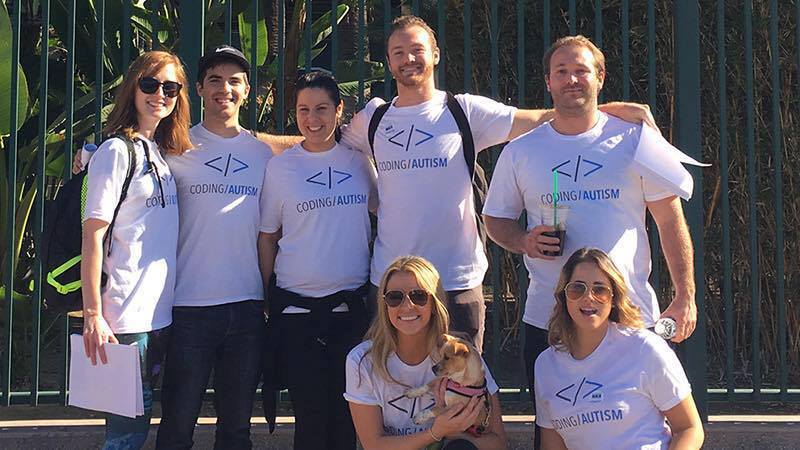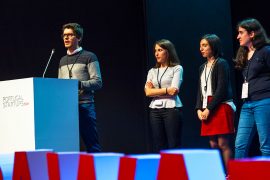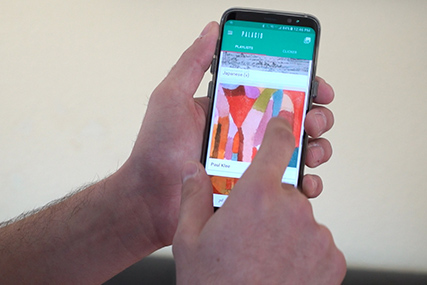Technology has helped open doors for people with autism, from AI apps democratizing education, to Augmentative and Alternative Communication (AAC) Strategies providing new forms of expression. However, opportunities for autistic adults to work in the tech industry are lacking.
Even with strong interview and social skills, landing a first job can be a struggle. For individuals with autism or Asperger’s, who perhaps struggle with basic interactions, applying to a job, let alone going in for an interview, can seem impossible. The social stigma surrounding the disability, and societal assumption that those with autism are not fit, or do not want to work, do nothing to alleviate the struggle.
The reality is 90% of adults with autism in the US are unemployed.
However, the problem lies not in an unwillingness to work, “young adults on the spectrum are just as eager to live independently and work” says HR Digest. It is necessary instead, to change the narrative and put support systems in place to better prepare autistic adults for jobs.
Recently however, there has been a surge in tech companies seeking to hire people with autism due to a theory that typical autistic characteristics, such as attention to detail, affinity for repetitive tasks, and introversion, are all traits that lend themselves to becoming a successful employee within the tech industry. In fact, there is a 3% error rate of average autistic programmers vs. up to 30% for neurotypicals.
One company harnessing this theory and turning it into action is Coding Autism. The startup, founded this year, is empowering autistic adults through professional and social skills training, teaching people coding, web development, and software and engineering skills.

Austen Weinhart
Co-founder and COO at Coding Autism
“Coding is a great career for people with autism because many of the traits associated with people on the spectrum correlate with those of a successful coder,” Austen Weinhart, co-founder of Coding Autism, told The Mighty. “Some of these traits include attention to detail, talent for recognizing patterns, comfort in repetition, introvert personalities, and directness in communication. With the right training and accommodations, a person on the autism spectrum can transition into a position where they not only have financial stability but also long-term career growth.”
Providing a range of services all centered around vocational, social and communication skills, Coding Autism is giving autistic adults, and students, the independence to turn STEM-related studies into careers.
An estimated 500 thousand autistic teenagers will be entering into adulthood in the next 10 years, which is why Coding Autism is aiming to inspire the next generation of neurodiverse STEM leaders. By keeping students engaged through high school and into vocational programs or universities, Coding Autism can help identify and develop STEM learning at a young age and prepare them for tech jobs.
Through a crowdfunding platform, the Los Angeles-based startup is on target to finance its ASPIRE Web Development Immersive – a 20 week training boot camp. By 2019, Coding Autism’s mission is to reach 1,200 autistic youths and adults through STEM and Social Skills program online and in person.
Coding bootcamps and immersive programs are not the only services Coding Autism provides. Their focus extends to career counseling, interview preparation and mentorship. Completed courses come with a certificate, which Weinhart stresses are as important as degrees, “many coding jobs also do not require a degree. All that matter is that applicants show that they have the skills needed and are up to the task.” Students can also showcase their portfolios on the Coding Autism website, to help potential employers find them.
Coding Autism is changing the narrative surrounding Autism and Asperger’s. By assisting with social skills, and showcasing the ability that autistic adults hold, the startup brings value, independence and meaningful work to those with disabilities.
With an expected 1 million tech positions to be unfulfilled by 2020, Coding Autism is offering companies a pool of untapped talent to fill their computer science related roles.
-This story was originally seen on The Sociable.





